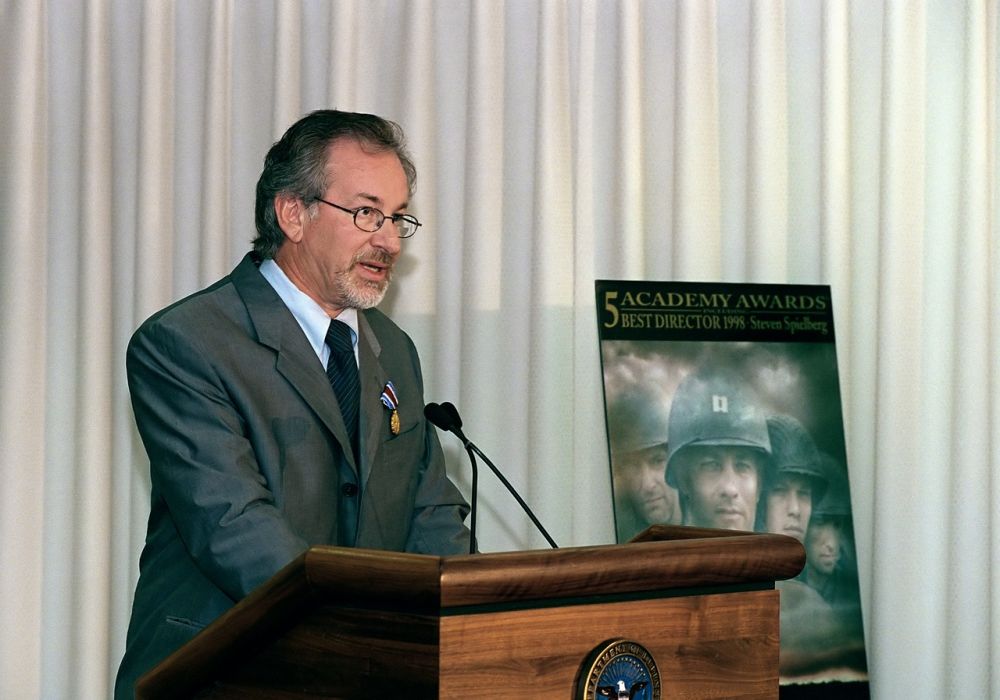Oscar Wilde: A Master of Wit and Elegance

Introduction:
Oscar Wilde, one of the most celebrated figures in the literary world, captivated audiences with his flair for wit, his clever observations, and his unapologetic embrace of aestheticism. Born on October 16, 1854, in Dublin, Ireland, Wilde emerged as a leading voice in late Victorian literature, leaving an indelible mark on the world of art and culture. In this article, we delve into the life and works of Oscar Wilde, providing an in-depth exploration of his career, his evolving themes, and his enduring impact on the artistic landscape.
I. Oscar Wilde: A Visionary Ahead of His Time

From his very early years, it was evident that Wilde possessed a unique creative spirit and an unmatched talent for writing. Trained in classical literature and possessing a razor-sharp intellect, he swiftly rose to prominence for his wit, aesthetic sensibilities, and flamboyant personality. Wilde’s plays, essays, and novels exuded sophistication and offered a scintillating window into the world of the 19th-century upper class.
– Born to an intellectual family: Oscar Wilde was born into a family of intellectuals, with a renowned surgeon as a father and a poet as a mother. This nurturing environment fueled his passion for literature and the arts from an early age.
– Education and literary prowess: Wilde’s education at Trinity College, Dublin, and later at Magdalen College, Oxford, played a crucial role in molding his literary voice. His extensive knowledge of Greek and Roman classics, along with his love for poetry, heavily influenced his works.
– Aestheticism: Wilde’s embrace of aestheticism became a defining feature of his artistic philosophy. He believed in “art for art’s sake” and championed the idea of focusing on the sheer beauty of art, rather than seeking moralistic or didactic purposes. This revolutionary approach challenged the prevailing norms of the time.
– Exceptional wit and charm: Wilde’s witty repartee and impeccable sense of humor became legendary, earning him a place in high society circles. His clever one-liners and playfully satirical observations made him a master of light-hearted comedy, setting him apart from his contemporaries.
II. The Evolution of Oscar Wilde’s Career
Oscar Wilde’s career underwent various phases, marked by both triumph and tragedy. From his early successes in writing to his sensational rise in theatrical circles, Wilde’s journey ultimately brought him both immense adulation and personal turmoil.
– Literary achievements: Wilde’s literary career began with his poetry collection, “Ravenna,” which garnered critical acclaim. His subsequent works, such as “The Picture of Dorian Gray” and “The Importance of Being Earnest,” solidified his reputation as a gifted writer. His prose sparkled with wit, while his intricate plots delved into themes of morality, class, and society.
– The theatrical triump It was in the realm of theater that Wilde truly found his calling. His plays, characterized by clever dialogue and biting satire, enchanted audiences and critics alike. Works such as “Lady Windermere’s Fan” and “An Ideal Husband” showcased his knack for comedic timing and his ability to dissect societal mores.
– The downfall and imprisonment: Sadly, Wilde’s career was abruptly cut short due to his public scandal and subsequent imprisonment. His intimate involvement with Lord Alfred Douglas, a young aristocrat, led to a highly publicized trial and his eventual conviction for “gross indecency.” This marked a tragic chapter in Wilde’s life, causing a rupture in his creative output and leaving a profound impact on his legacy.
III. Oscar Wilde’s Enduring Legacy
Despite his untimely demise at the age of 46, Oscar Wilde left an indelible mark on the world of literature and art, inspiring generations of artists, writers, and thinkers. His works continue to be revered for their timeless relevance and artistic brilliance.
– Cultural influence and notoriety: Wilde’s unconventional lifestyle and trailblazing ideas challenged societal norms and sparked a dialogue that reverberates to this day. His legacy as a cultural icon endures, with his life and works serving as a touchstone for discussions about sexuality, individualism, and the power of art.
– Revival and appreciation: In recent years, there has been a resurgence of interest in Wilde’s writing, with his plays frequently performed in theaters worldwide. His sharp wit and insightful observations continue to capture the imaginations of contemporary audiences, reaffirming his enduring relevance.
Conclusion:
Oscar Wilde, a true artistic luminary, transcended his era and left an indelible mark on the literary landscape. Through his works, he transported readers into a world of wit, charm, and aesthetic splendor. Despite the tumultuous turns his life took, Wilde’s enduring legacy as a visionary and cultural icon remains intact. As we continue to explore the depths of his work, Oscar Wilde’s significance as a master of wit and elegance continues to illuminate the artistic realm for generations to come.
(Note: Please insert a relevant video regarding Oscar Wilde into the article at this point.)
References:
– Smith, David C. “Oscar Wilde: The Unrepentant Years.” Vintage, 1997.
– Ellmann, Richard. “Oscar Wilde.” Vintage, 1988.
– Wilde, Oscar. “The Complete Works of Oscar Wilde.” HarperCollins, 2003.











